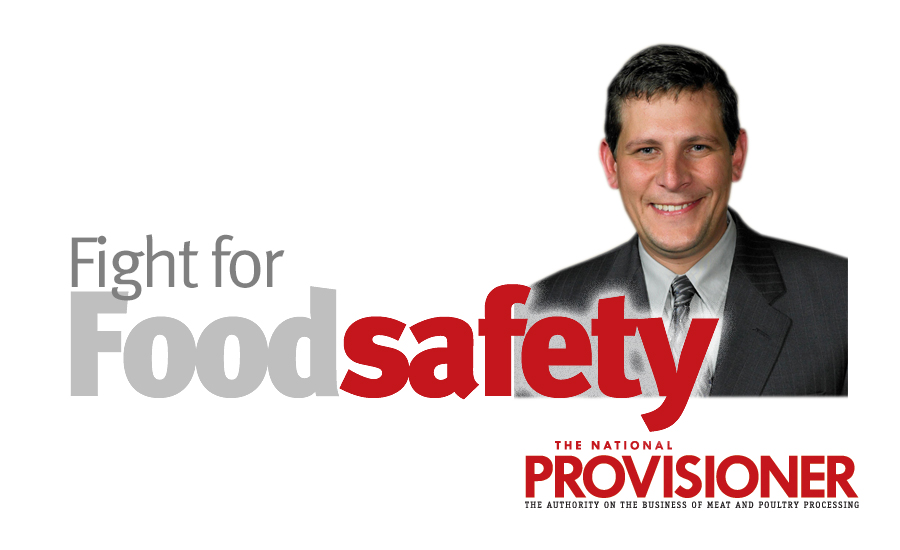Fight for Food Safety
Foreign material contamination: What did I just bite into?!

We all have that one thing that sends shivers down our spine no matter how frequently we experience it. For some, it might be nails on a chalkboard; for others, the scraping of a utensil on a plate. There is one thing, however, I can guarantee will send you through the roof if it happens — biting down unexpectedly with an old-school filling on a hard metal object.
No company wants to ship products that contain metal shards from processing equipment or plastic from packaging materials but the reality is accidents have happened and likely will continue to happen. The question then becomes, what can you do within your own company to reduce the likelihood that your products will be contaminated with foreign materials and force a recall? In addition to causing injuries, recalls can involve thousands or even millions of pounds of products.
So, what can you do to product yourself and your company? If you receive any complaint from a consumer claiming they have found foreign materials your products, investigate immediately. Many claims are meritless or can be explained by extrinsic facts occurring long after the product left your control. Moreover, if the foreign material claimed does not exist in your facility, it will be unlikely (if not impossible) for a claimant to prove his or her claims. If the alleged material can be found in facility, however, in some cases a recall may be required.
With that said, prevention is the best defense. How often are you checking your equipment? Regular equipment inspections and recurring maintenance can prevent many failures that lead to foreign material contamination. Are light bulbs covered, equipment running smoothly, conveyors well maintained? If not, make sure repairs are ordered and then actually completed. A single delayed repair can have catastrophic consequences.
While the leading reason for recalls of U.S. Department of Agriculture (USDA)-regulated product is for undeclared allergens and pathogens, extraneous materials take a close third with 17 recalls so far this year. While only a handful of these recalls have resulted in injury, most of the recalls have been classified as class I recalls, meaning they hold the potential to cause injury or death. Simple steps taken on a routine basis can minimize your chances of losing consumers, reputation, and dollars. NP
Looking for a reprint of this article?
From high-res PDFs to custom plaques, order your copy today!






